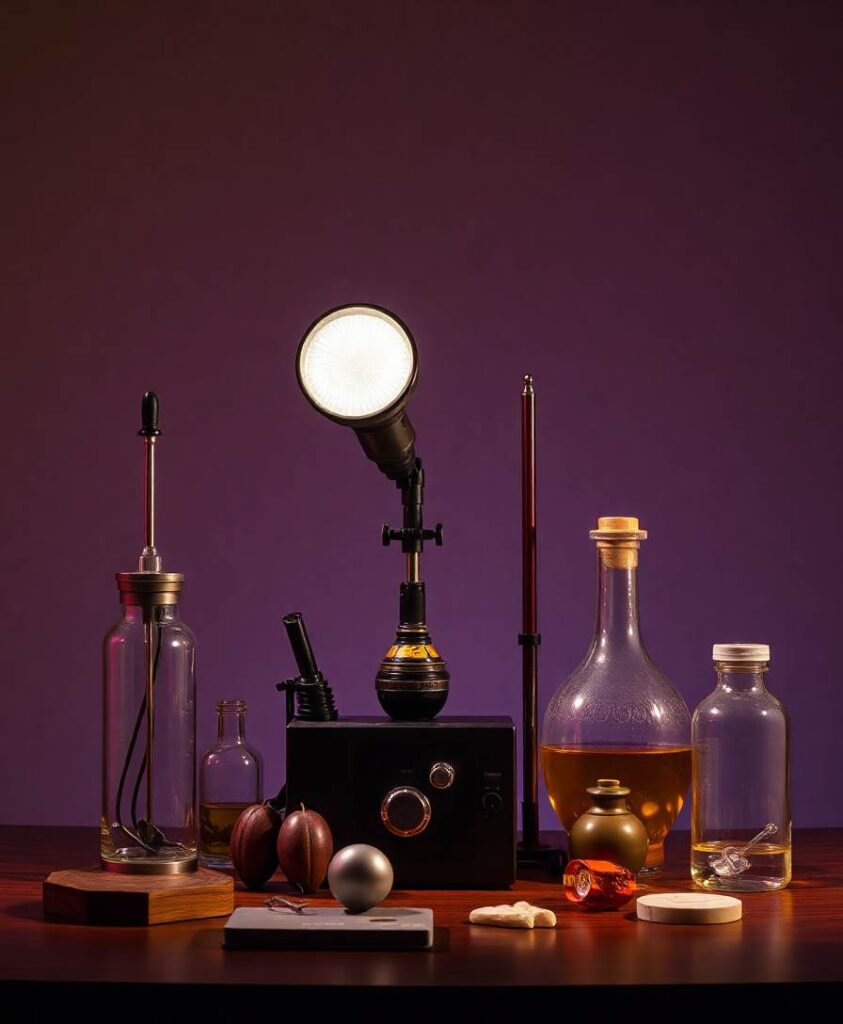BackgroundDementia is a clinical syndrome commonly seen in the elderly individuals. With the prevalence of dementia, the incidence of neuropsychiatric symptoms in dementia patients is increasing annually. Agitation, as one of the neuropsychiatric symptoms, has a serious impact on the quality of life of patients with dementia. Several antidepressant drugs have been shown to be effective for treating agitated behavior symptoms in patients with dementia, but there are no direct comparisons among those drugs. Therefore, we carried out a network meta-analysis (NMA) to examine the efficacy and safety of those antidepressant drugs.MethodsWe searched eight databases (PubMed, Cochrane Library, Web of Science, Embase, Wanfang Database, China National Knowledge Infrastructure, VIP Database and China biomedical literature service) from their inception to 6 November 2022. Randomized controlled trials (RCTs) reporting the efficacy and safety of antidepressant drugs in treating agitated behavior symptoms in patients with dementia were included in our analysis. The quality assessment was carried out by two researchers individually and the analysis was based on the frequency method.ResultsTwelve articles with 1,146 participants were included in our analysis. Based on the outcome of the agitation score, treatment with citalopram (standardized mean difference, SMD = −0.44, 95% confidence interval, 95% CI = −0.72 to −0.16) showed significant benefits over the placebo group. Treatment with trazodone (odds ratio, OR = 4.58, 95% CI = 1.12–18.69) was associated with a higher risk of total adverse events compared with a placebo treatment.ConclusionAmong the antidepressant drugs included in this study, treatment with citalopram was probably the only optimal intervention, when considering the improvement from baseline to the end of the intervention, and there was not a statistically significant difference in safety when compared with a placebo treatment.Systematic review registrationhttps://www.crd.york.ac.uk/prospero/#recordDetails, identifier: PROSPERO, CRD42022320932.

